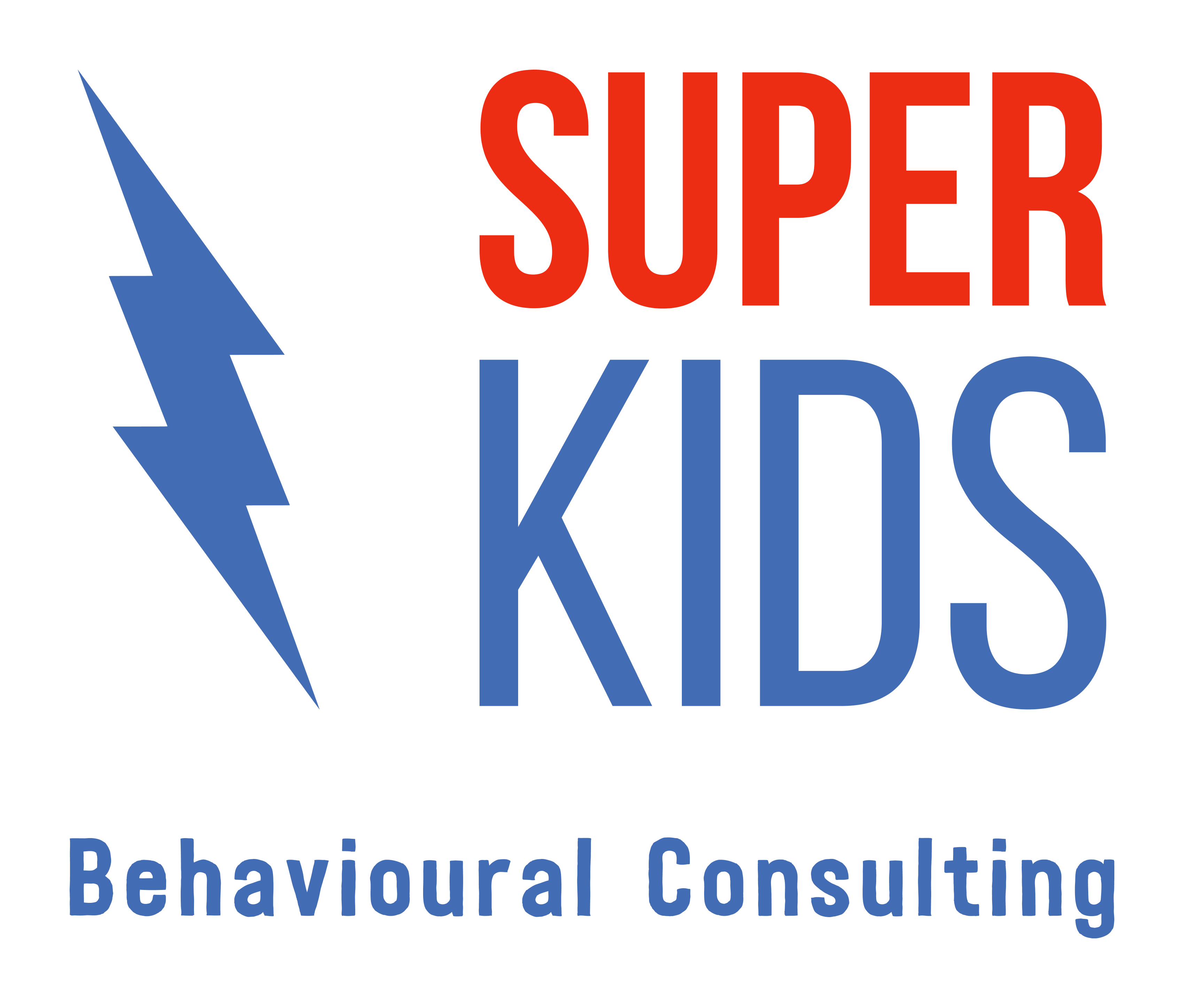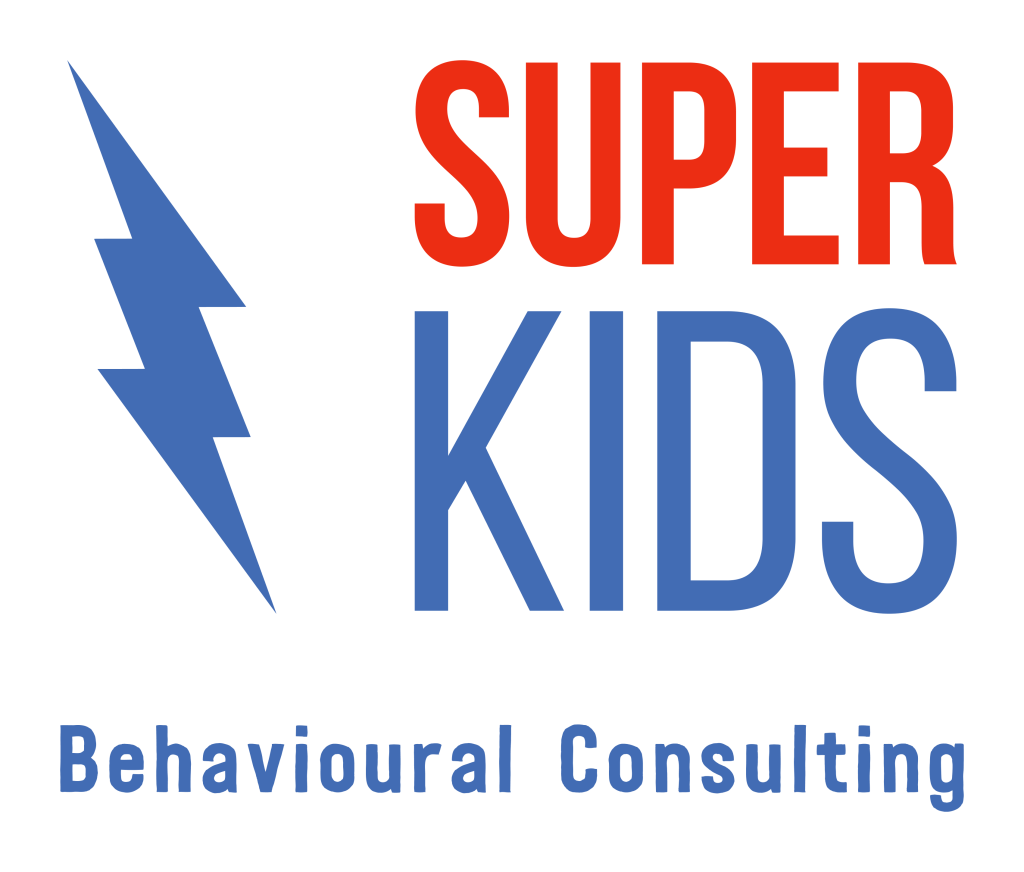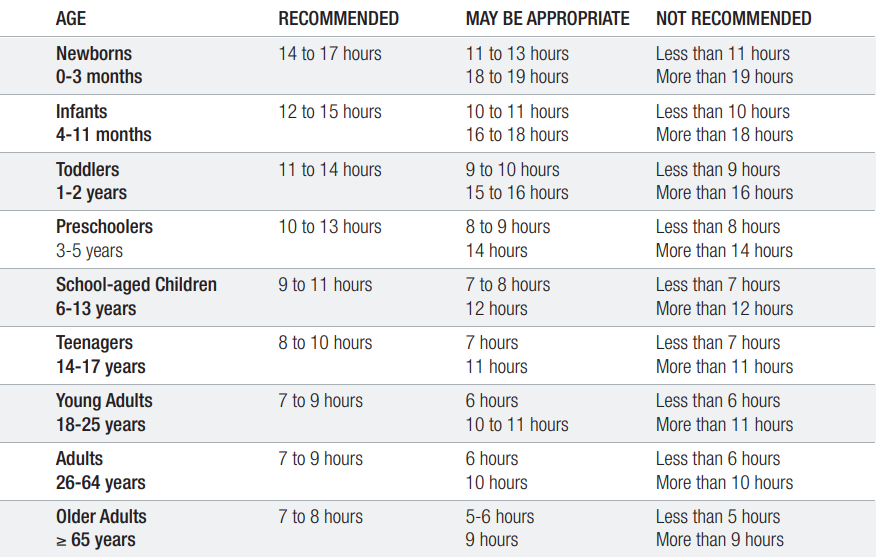Is my child getting enough sleep?

Anita Bennett-Stewart
Behavioural Sleep Specialist & Behaviour Consultant

When a child is not sleeping well, the whole family’s sleep can be affected. “Good” sleep is not just indicative of the quality of a child’s sleep, but also the quantity of sleep. It is important for children to receive the recommended amount of sleep for their age.
To identify how much sleep your child is currently receiving:
- Calculate the difference between their sleep time and wake time
- Add the length of time of any daytime naps
- Subtract the length of time that your child is awake overnight, if they wake
Every person is different, and therefore their sleep needs are different as well. The Sleep Health Foundation 1 provides general guidelines for how much sleep people should receive. Check out a helpful table on how much sleep is recommended below:
- Is your child waking feeling refreshed?
- Is your child waking without an alarm or being woken up?
- Is your child remaining awake throughout the day without naps, when naps are no longer appropriate for their age?
Disclaimer: The advice in this article is general in nature. If your child experiences sleep difficulties, reach out to a trusted professional for further individualised advice and support.
Super Kids acknowledges each individual’s personal preference to use identity-first or person-first language to describe themselves or their loved one. We interchangeably use both language conventions and therefore refer to both Autistic children and children with Autism.







